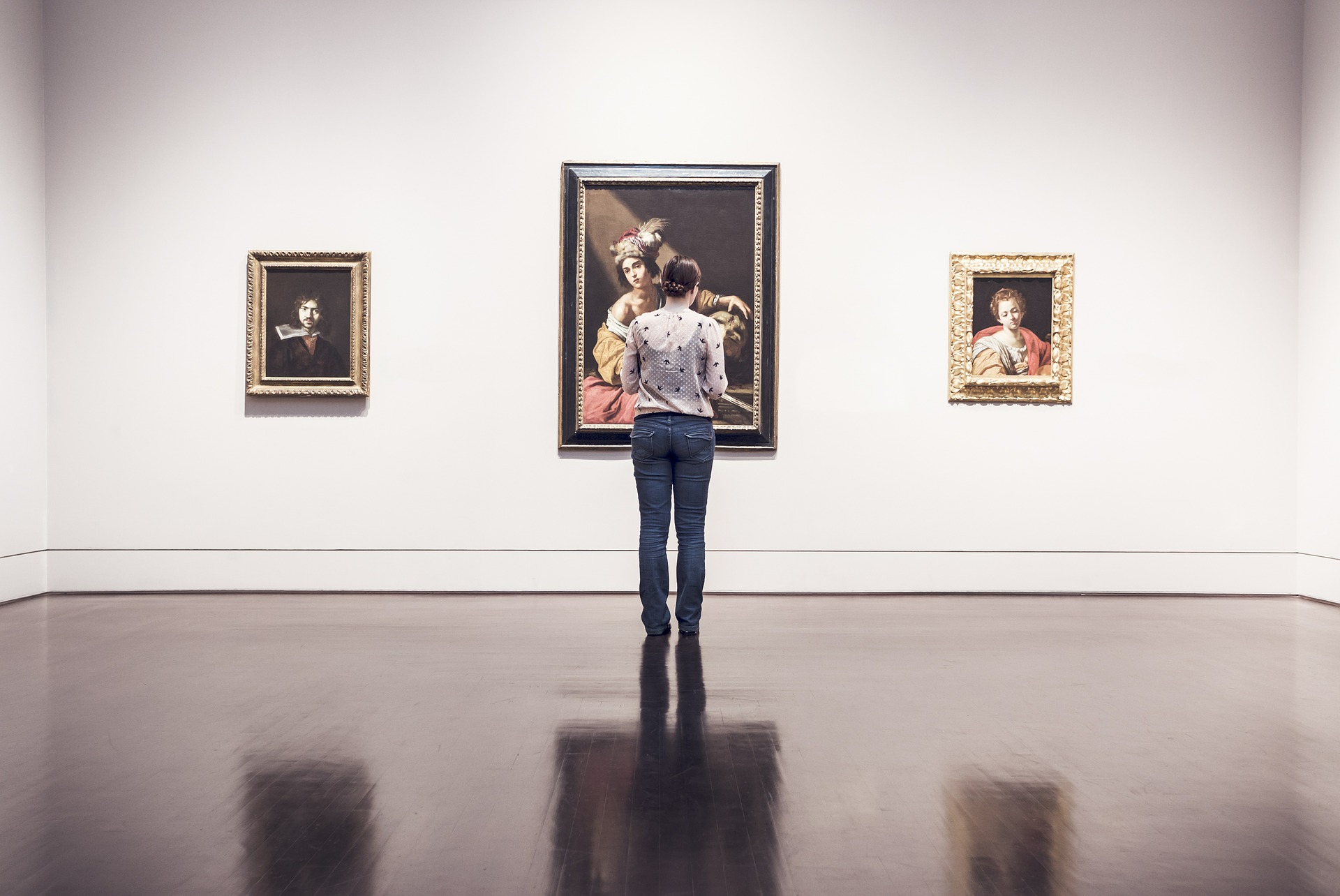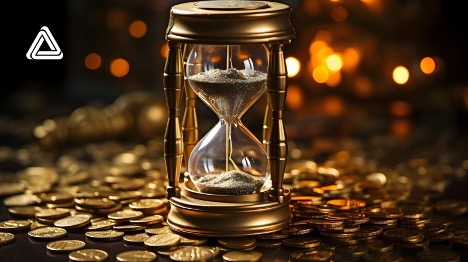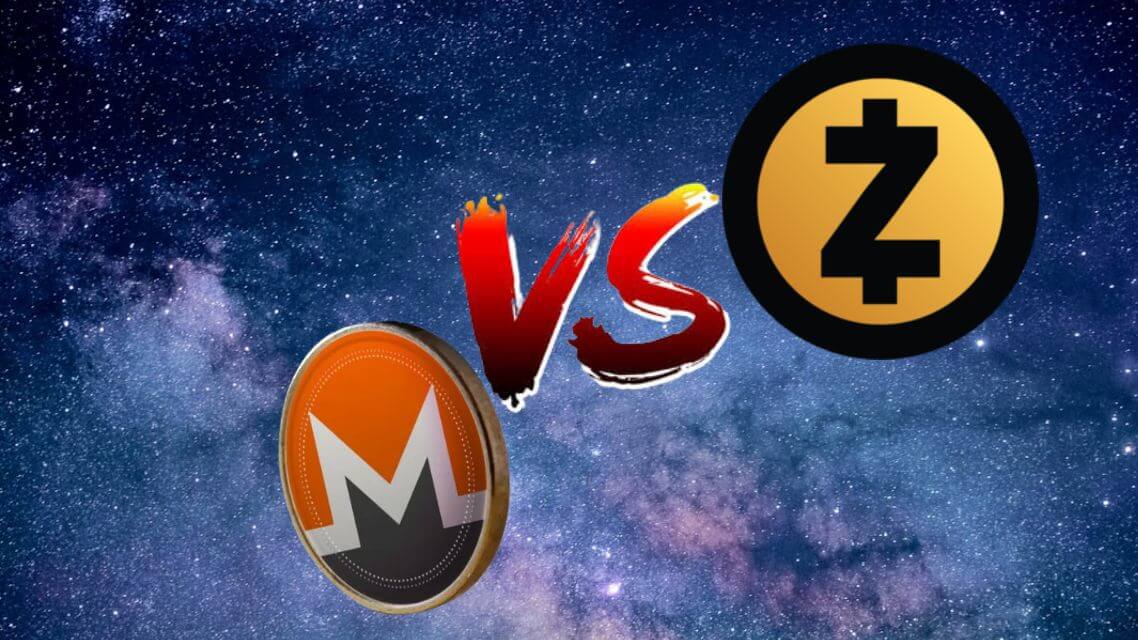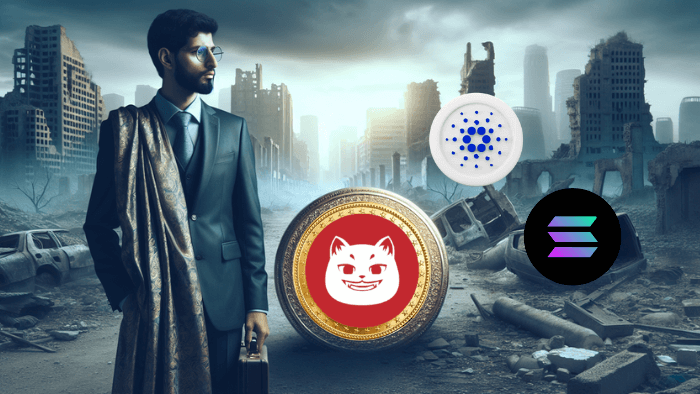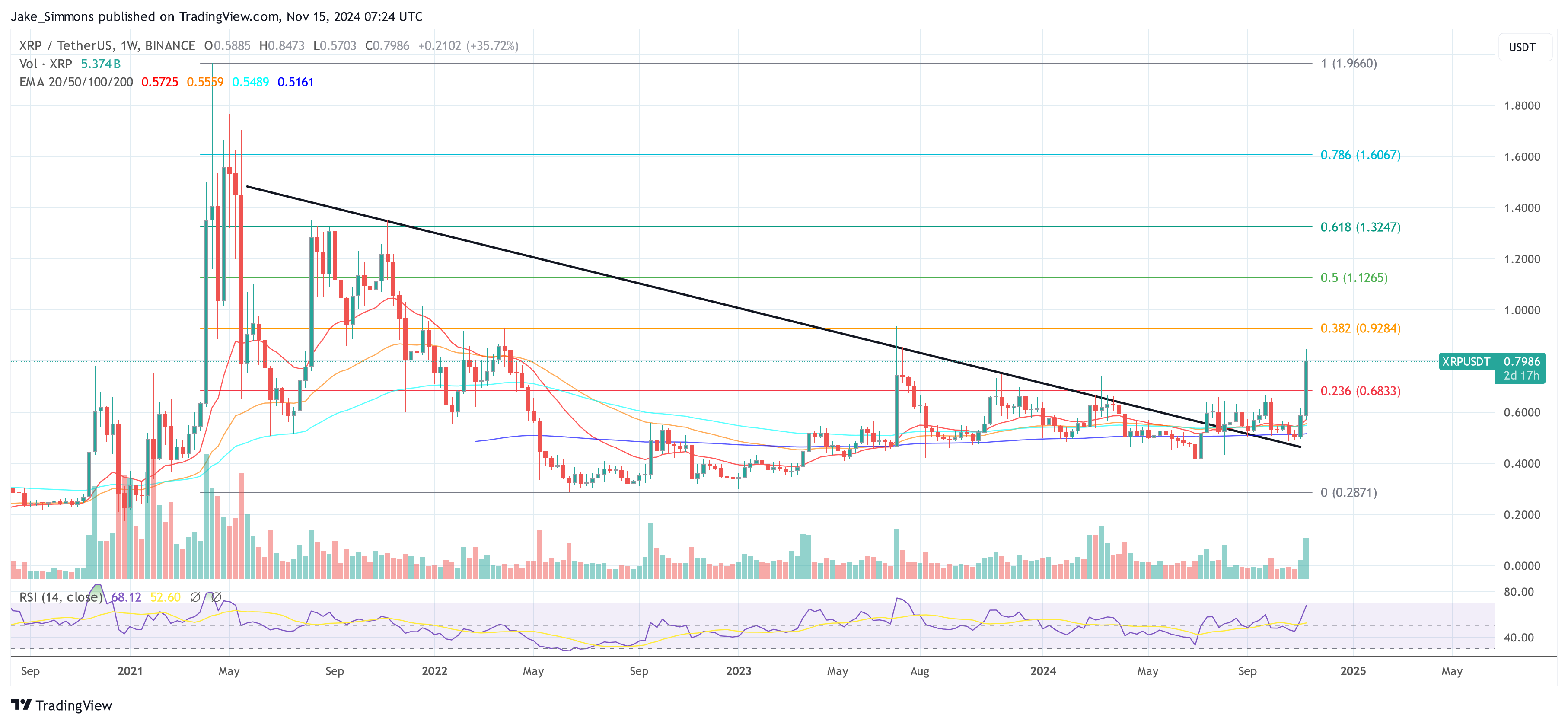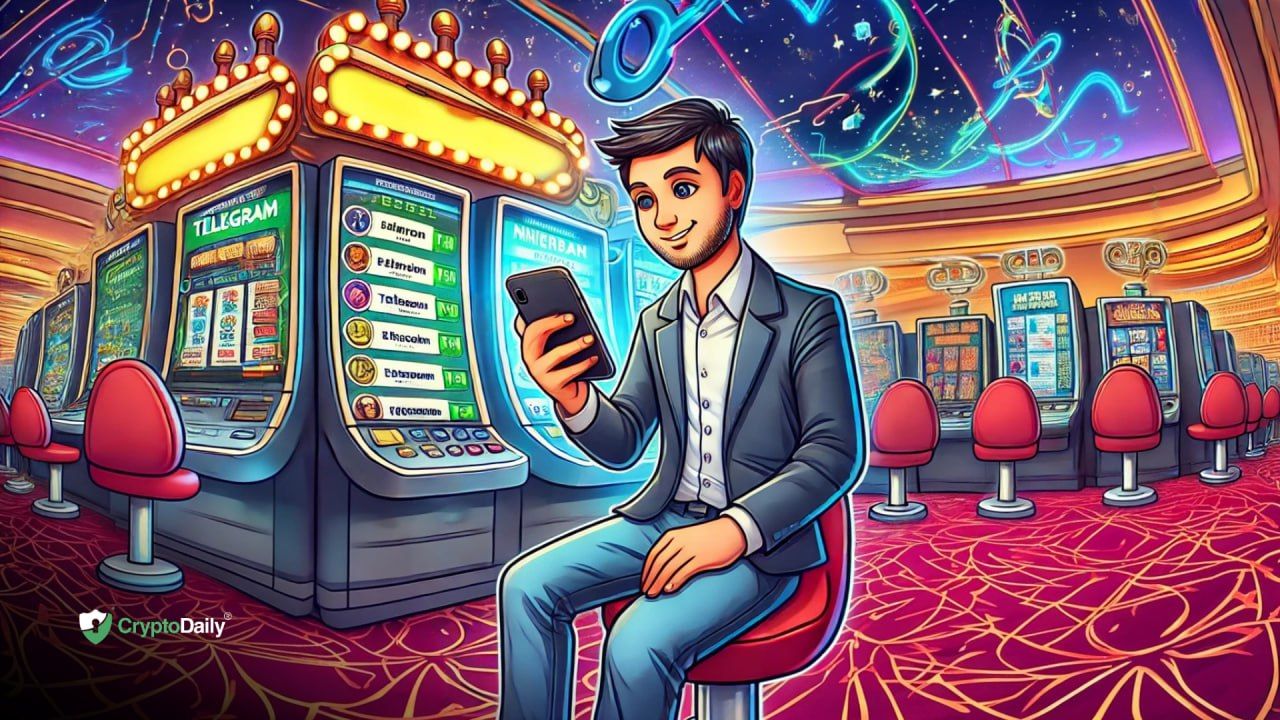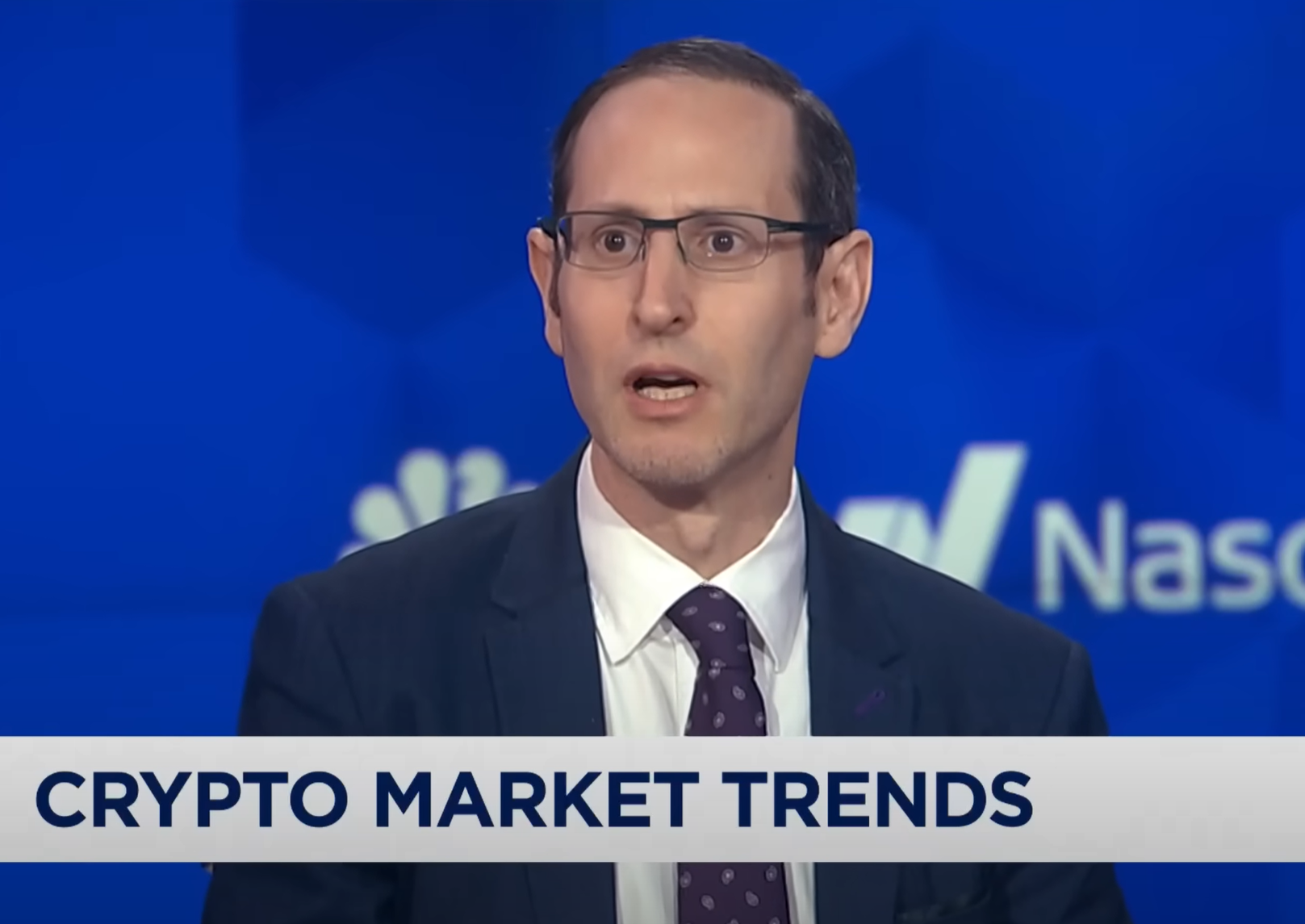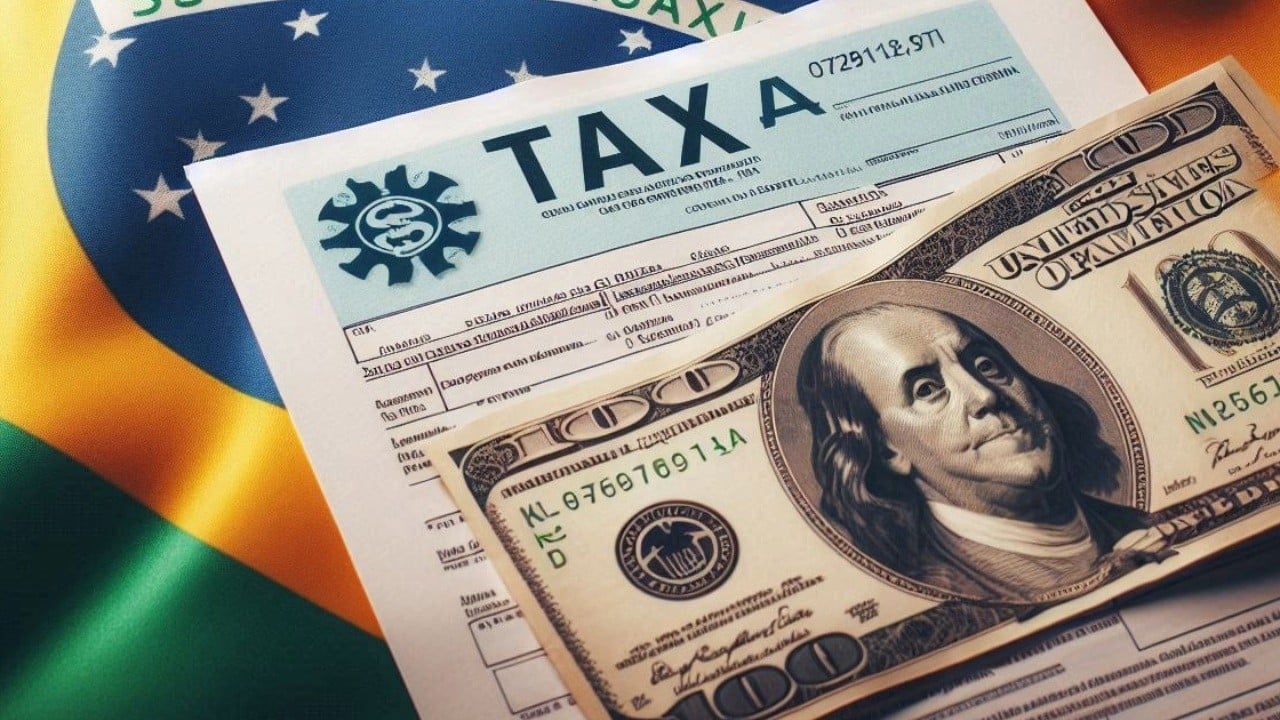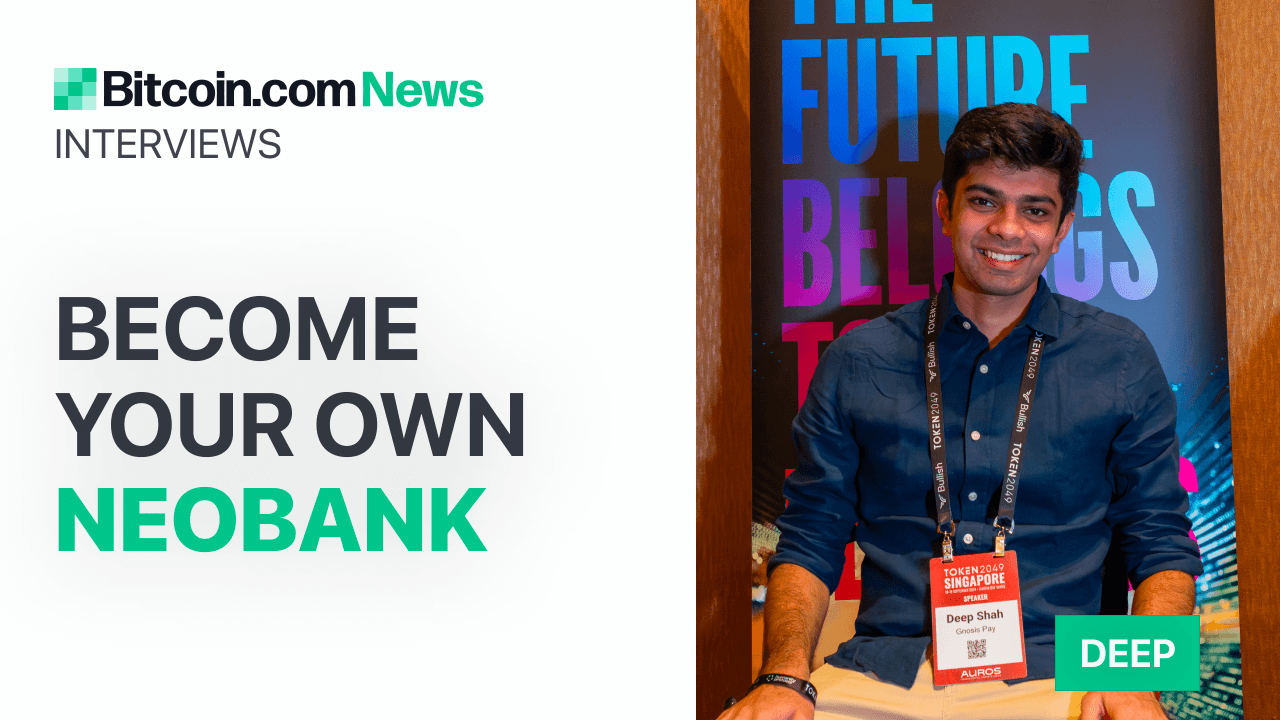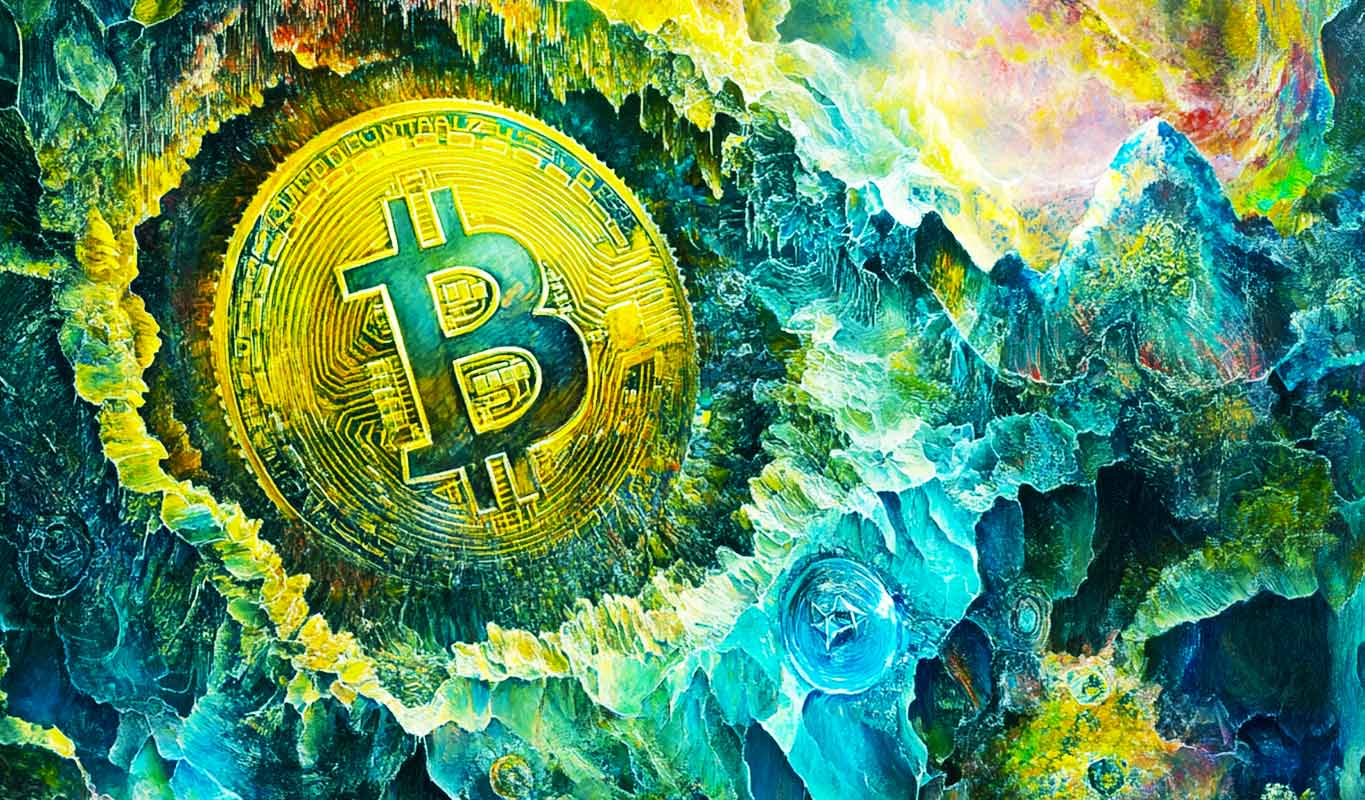The advent of the Covid-19 pandemic forced many sectors of the economy to shut down in 2020. The art world also suffered, as several galleries were forced to close. As a result, artists couldn’t showcase their artworks. According to Statista, the art market was worth $50 billion, a $14 billion drop from the previous year. In addition, global art sales transactions declined from 40 million in 2019 to 31 million in 2020. Artists needed an alternative to survive, and there came NFTs.
Blockchain technology proved useful during this time of crisis. Thanks to NFTs, new digital artists emerged, and artists who are familiar with the web3 space could tokenize their artworks and sell them on an NFT marketplace. But what happens to the incredible artworks by traditional artists who are not digitally apt?
Bringing Art Galleries and Artists to the Metaverse
The metaverse is a vast virtual world that will alter social interaction, shopping, gaming, and other activities. With a focus on NFTs, the metaverse creates a digital economy in which companies, influencers, brands, and users participate. Undoubtedly, the driving factors for the metaverse hype are NFTs and the fact that it’s decentralized.
The pandemic made many artists realize the power of blockchain technology and the urgency to establish their presence in the digital world. However, many lack the fundamental knowledge to get started. Traditional art galleries are also lost in the overwhelmingly fast-paced digital landscape and need help adapting to the multi-billion dollar NFT market.
ArtMeta emerged as a platform for traditional artists and galleries, with a mission to onboard them into the metaverse. As a digital display solution and transaction platform, artists and galleries can leverage the tools to participate in the market. Galleries can create their unique spaces in the metaverse with their artists, showcasing art in a new way, out of the bounds of standard gallery walls.
CEO Roger Haas said he and his team aim to bring galleries and artists into the digital space by providing the tools they need to tokenize and sell their artworks as NFTs, transfer ownership rights, and scan artworks to authenticate originality. In addition, he envisions ArtMeta as a platform that will provide the crypto community with the highest quality verified digital and physical art.
Haas said ArtMeta would work with top-tier galleries and artists who have participated in world-class art fairs to provide the most intriguing digital experiences to audiences intending to purchase artworks. According to him, ArtMeta is a place to spend time, learn about culture and art, and experience new things.
ArtMeta Announcements
ArtMeta held IDOs for their $MART token on Trustswap and Polkastarter, in December 2021 and January 2022, respectively. This token serves as a medium of exchange in the metaverse, specifically for renting land, and unlocks exclusive access within the metaverse as well as to live events and NFT drops.
The launch of $MART will be followed by listing the token on centralized and decentralized exchanges. These events are scheduled for Q2 2022.
The team is currently working on the alpha version development of the metaverse, onboarding Tier-1 galleries and artists, and hosting NFT events and exclusive releases. Finally, the beta version of the metaverse will be launched in 2023.
Image: Pixabay
Credit: Source link

